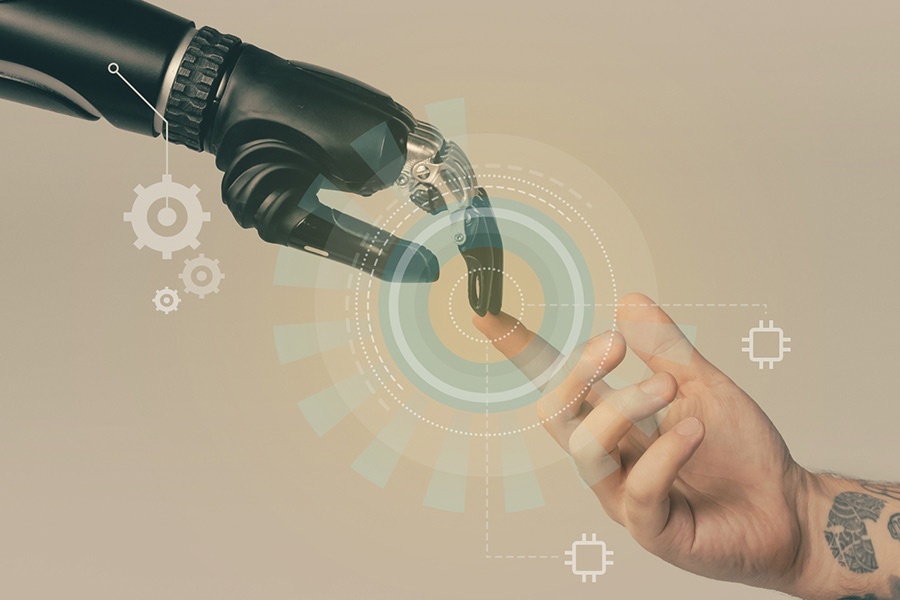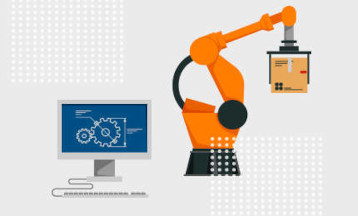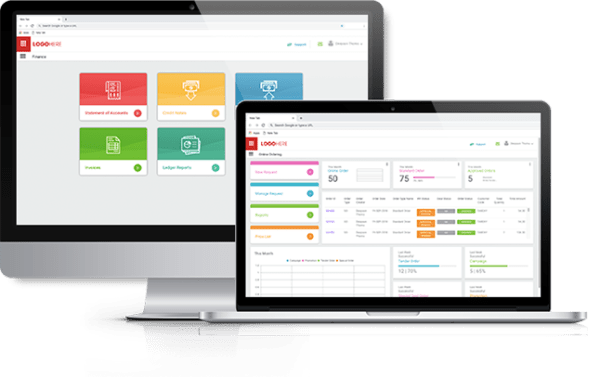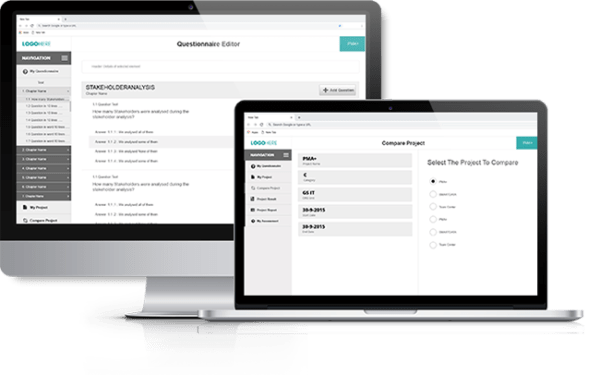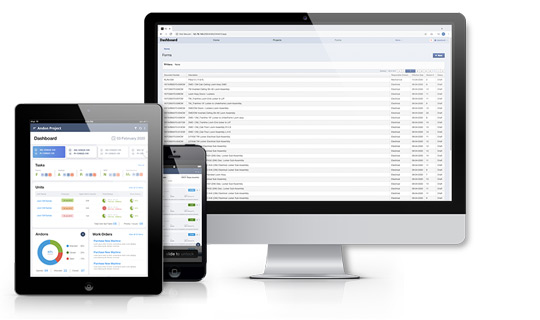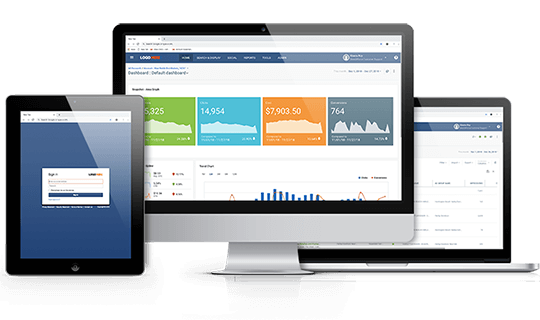The field of UI/UX development is constantly evolving, driven by advancements in technology, changing user expectations, and new design trends. The future of UI/UX development is likely to be shaped by several different factors, including the increasing importance of personalization, the rise of immersive experiences, the integration of AI and machine learning, and a focus on designing for accessibility.
To succeed in the field of UI/UX development, professionals must have a strong understanding of design principles, user psychology, and digital technologies. They must also be skilled at collaborating with other members of the development team, including software engineers, product managers, and quality assurance specialists.
The scope of UI/UX development services is vast and growing, with many opportunities for professionals who are skilled at creating exceptional user experiences. As businesses continue to invest in digital technologies and customer-centric design, the demand for UI/UX development services is only likely to increase in the years to come.
Trends In UI/UX Development Service
One of the most significant trends in UI/UX development is the increasing emphasis on personalization. As technology has advanced, users have come to expect more personalized experiences, with interfaces that are tailored to their individual needs and preferences. This has led to a shift away from one-size-fits-all design, with designers instead focusing on creating interfaces that can adapt to individual users over time.
One way that personalization is likely to shape the future of UI/UX development is using AI and machine learning. These technologies can be used to analyse user data, such as browsing history and purchase behaviour, to identify patterns and make predictions about what a user is likely to want or need in the future. This can help to create more personalized experiences that feel intuitive and natural for each individual user.
Another trend that is likely to shape the future of UI/UX development is the rise of immersive experiences. Virtual and augmented reality technologies have been around for several years, but they are now starting to gain more widespread adoption as the hardware becomes more affordable and the software becomes more sophisticated.
This is likely to lead to a shift in the way that designers approach UI/UX development, with a greater focus on creating experiences that blur the line between the physical and digital worlds. Immersive experiences can help to create a sense of presence and engagement that is difficult to achieve with traditional UI/UX design, and they can be particularly effective for applications like gaming and training simulations.
As AI and machine learning continue to become more prevalent in UI/UX development, they are also likely to play an increasingly important role in the design process itself. For example, designers can use these technologies to automate certain tasks, such as generating wireframes or creating color palettes, freeing up more time for creative exploration and experimentation.
AI and machine learning can also be used to help designers make more informed decisions about the user experience. For example, they can be used to analyze user feedback and identify patterns that might be difficult to detect manually, or to test multiple versions of a design to see which one performs best.
Finally, designing for accessibility is likely to become an increasingly important consideration in UI/UX development. As more and more users rely on digital interfaces to navigate the world, it’s essential that designers create experiences that are accessible to everyone, regardless of their abilities or disabilities.
This will require designers to think carefully about factors like color contrast, font size, and the use of assistive technologies like screen readers. It will also require a greater emphasis on user testing and feedback, to ensure that the needs of all users are being met.
A final word
The future of UI/UX development is likely to be characterized by a focus on personalization, immersion, and accessibility, with AI and machine learning playing an increasingly important role in the design process.
As the field continues to evolve, designers will need to stay up to date with the latest trends and technologies in order to create experiences that are effective, engaging, and intuitive for all users.




